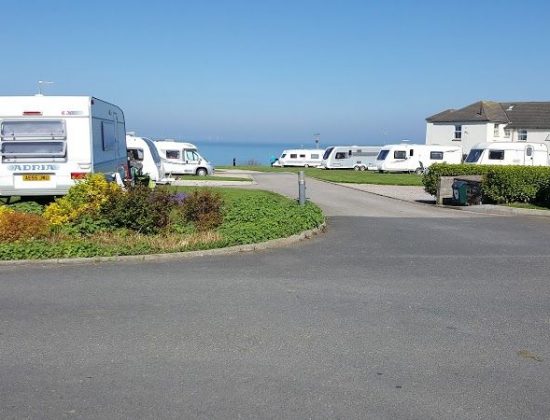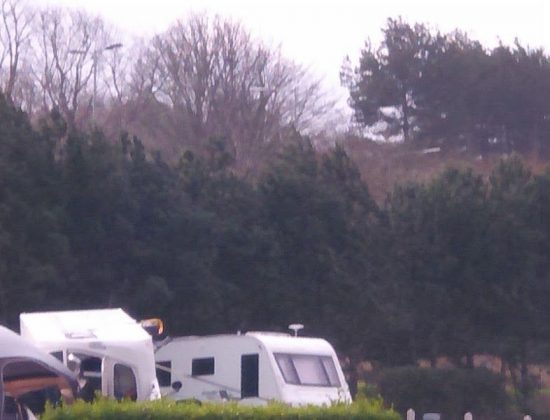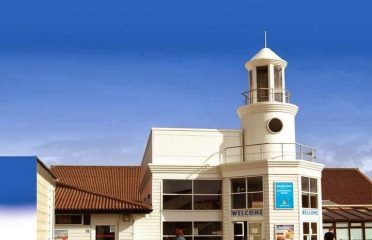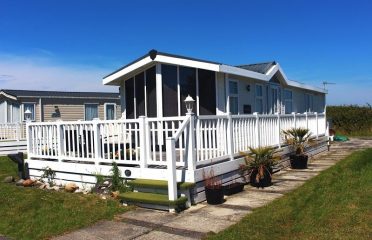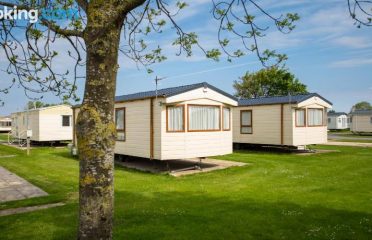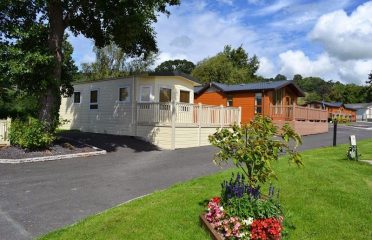Bron-y-Wendon Holiday Park combines picturesque surroundings with friendly service ensuring every visitor feels welcome during their stay here! Family-run without pressure from sales staff means guests can explore options freely while discovering what owning a holiday home entails—perfectly catering towards those seeking relaxation amidst beautiful natural landscapes surrounding them! Engage in conversations about ownership possibilities while enjoying time spent together exploring this idyllic location—where memories are made effortlessly among loved ones who matter most! Experience serenity like never before at Bron-y-Wendon Holiday Park today!
Rate us and Write a Review
Note: Data fetched from Google is temporarily stored and can change on latest API request every month.


